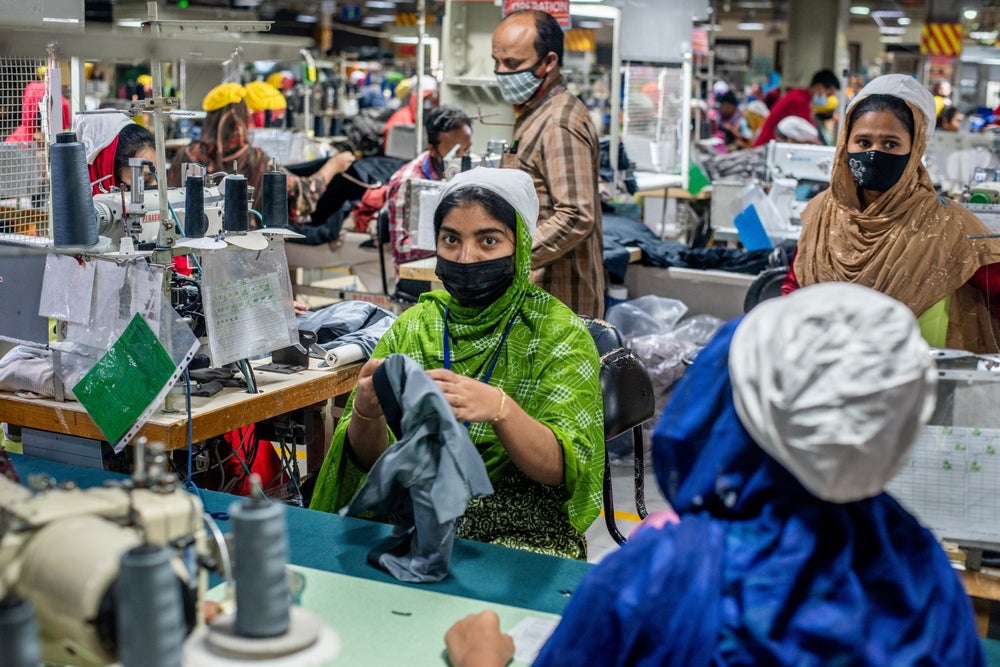UNI and IndustriALL emphasised the critical role of the garment sector in Bangladesh's economy and its potential to stabilise the country during this period of transition.
In a letter addressed to 200 signatories of the International Accord, the unions' factory safety programme in Bangladesh, UNI deputy general secretary Alke Boessiger and IndustriALL general secretary Atle Høie highlighted the importance of the country's garment industry in lifting millions of workers out of poverty.
The unions stressed that continued commitment from international brands is crucial given the garment sector is the backbone of the Bangladeshi economy.
The unions have made specific requests to the brands:
- Show flexibility with Bangladesh suppliers who may face order disruptions due to the political situation
- Ensure workers receive their regular salaries for July and August
- Continue sourcing from Bangladesh during this challenging period.
The appeal comes in the wake of significant political change in Bangladesh. Prime Minister Sheikh Hasina fled the country after protesters allegedly stormed her residence following protests against a controversial job quota system.
UNI Global Union and IndustriALL claimed the Bangladesh government's "violent response" to peaceful demonstrations resulted in over 500 fatalities, leading to the current state of political instability.
The country now has an interim leader and there are hopes for more stability moving forward.
On 12 August BGMEA sought assistance from the military to combat criminal gangs disrupting the 'jhut' (garment waste) trade, threatening factory operations and worker safety in key industrial areas.
According to BGMEA’s acting president Khandoker Rafiqul Islam, the recent collaboration with the army has already yielded positive results, with nearly 100% of factories resuming operations in key industrial areas such as Gazipur, Savar-Ashulia, Dhamrai, Narayanganj and Chittagong.









